7 Signs You’re Dealing With Emotional Exhaustion at Work
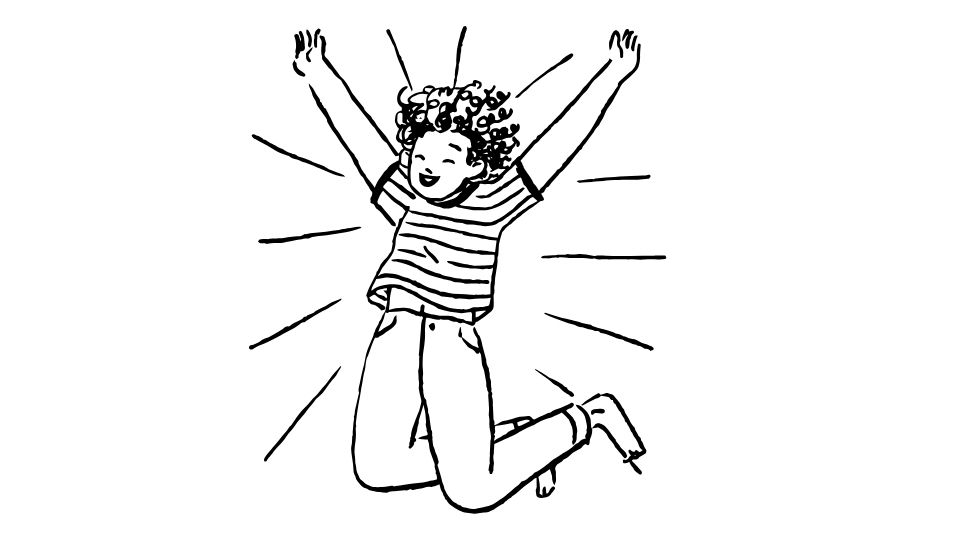
Feeling burnt out at work? The 10 warning signs of emotional exhaustion you shouldn’t ignore.
Ever feel like you’re just going through the motions at work? Like your emotional gas tank is running on fumes?
That’s emotional exhaustion – the first stop on the highway to burnout city.
And trust me, it’s not just about feeling tired. It’s a whole-body experience that can wreck your career, health, and happiness if you don’t catch it early.
Let’s break down the 10 red flags that signal you might be emotionally exhausted at work. Think of this as your personal burnout detection system.
10 Warning Signs of Emotional Exhaustion at Work
1. You’re tired like all the time
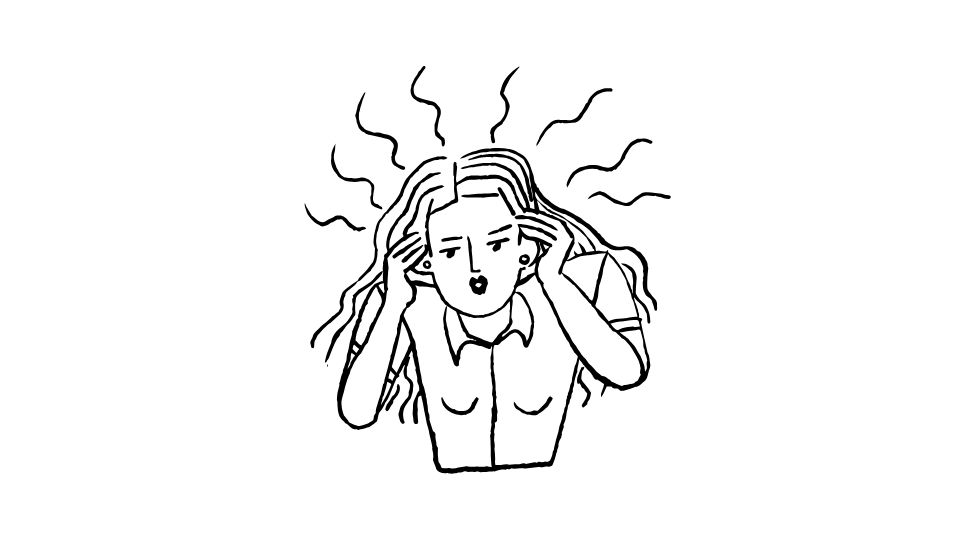
This isn’t your normal “I need coffee” tired.
This is bone-deep, soul-sucking fatigue that doesn’t go away even after a full night’s sleep. You wake up Monday morning already exhausted, and it only gets worse as the week goes on.
According to the American Psychological Association, this persistent fatigue is often the first warning sign of emotional burnout.
2. Your motivation took a vacation (and didn’t invite you)
Remember when you actually cared about your work? When you’d get excited about projects?
Now everything feels like a chore. You procrastinate more. You make careless mistakes. That report you used to knock out in an hour now takes all day because you just… can’t… focus.
And the worst part? You don’t even care that you don’t care.
3. The irritability is real
Small things that never bothered you before now make you want to flip tables.
Your coworker’s typing sounds like a jackhammer. That one-minute delay in the meeting starting feels like a personal attack. And don’t even get me started on that person who keeps using “circle back” in every conversation.
When everything and everyone annoys you, it’s not them – it’s emotional exhaustion talking.
4. You can’t mentally clock out
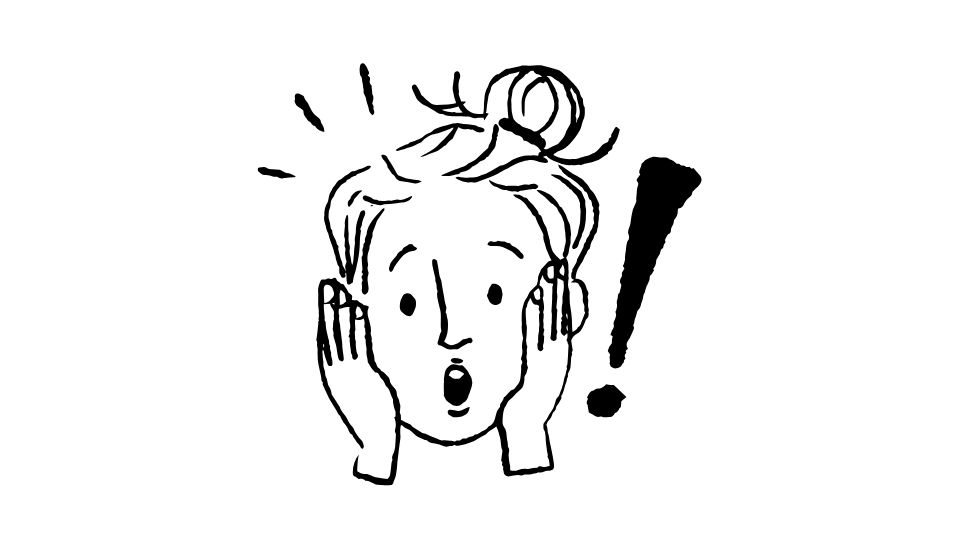
Your body leaves the office, but your mind stays behind.
You check emails at dinner. You worry about deadlines while brushing your teeth. You wake up at 3 AM thinking about that comment your boss made.
The World Health Organization calls this “presenteeism” – being physically present but mentally absent from your personal life because work has hijacked your brain.
5. You feel nothing or everything
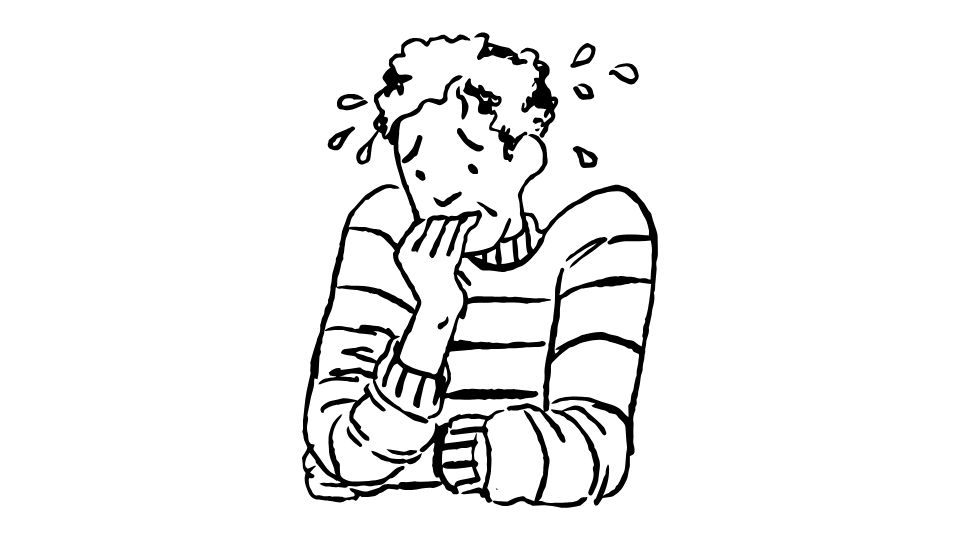
Emotional detachment is burnout’s sneaky defense mechanism.
You might find yourself not caring about your colleagues’ problems. Client issues that used to concern you now get a mental shrug. You go through meetings on autopilot.
Or the opposite happens – you become emotionally fragile, tearing up at minor setbacks or criticism.
6. Cynicism has become your default setting
“This company doesn’t care about us anyway.”
“Nothing’s going to change around here.”
“What’s the point of trying?”
Sound familiar? When your inner dialogue becomes increasingly negative and you start viewing everything through poop-colored glasses, that’s a classic sign of emotional exhaustion.
7. Your brain feels like it’s running on Windows 95
Forgotten meetings. Lost trains of thought mid-sentence. Reading the same email three times and still not getting it.
This mental fog happens because your brain is overloaded. According to Harvard Business Review, chronic work stress actually changes how your brain functions, making it harder to concentrate, remember things, and solve problems.
8. Your body is sending SOS signals
Emotional exhaustion isn’t just mental – it’s physical too.
Those mysterious headaches? The stomach issues? The constant colds? Your tense shoulders and jaw? Those might all be your body’s way of saying “ENOUGH ALREADY.”
When your stress response stays activated for too long, your immune system takes a hit, and physical symptoms start popping up like unwelcome party guests.
9. Your behavior has changed (and not in a good way)
Maybe you’ve noticed you’re:
- Skipping social events you used to enjoy
- Calling in sick more often
- Showing up late regularly
- Snapping at coworkers
- Relying on alcohol or comfort food to get through the week
These behavioral changes aren’t character flaws – they’re distress signals.
10. You feel trapped and hopeless
Perhaps the most dangerous sign is when you start feeling like:
- “I’ll never be good enough”
- “Things will never get better”
- “I’m stuck here forever”
This hopelessness can be a slippery slope toward depression if left unchecked, according to the Mayo Clinic.
Why This Matters (A Lot)
Ignoring emotional exhaustion is like ignoring the “check engine” light on your car. Sure, you can keep driving, but eventually, something’s going to break down – and the repair bill will be much higher.
Left unchecked, emotional exhaustion can lead to:
- Full-blown burnout
- Depression and anxiety
- Physical health problems
- Damaged relationships
- Career setbacks
- Quitting jobs impulsively
What To Do If You’re Emotionally Exhausted
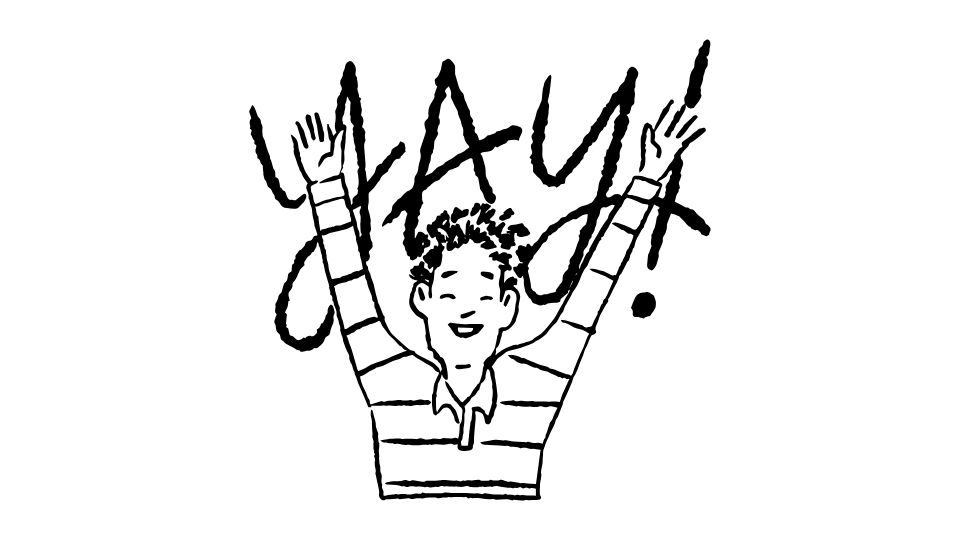
Set actual boundaries (and stick to them)
- Turn off work notifications after hours
- Take your lunch break AWAY from your desk
- Use your vacation days (all of them!)
- Say “no” to additional responsibilities when you’re maxed out
Talk to someone professional
Therapists and counselors exist for a reason. They can help you develop coping strategies specific to your situation and provide a safe space to vent.
Move your body (even when you don’t want to)
Exercise is like kryptonite to stress hormones. Even a 10-minute walk can shift your mood and energy.
Have the conversation with your boss
This is scary, I know. But good managers want to prevent burnout. Frame it as: “I want to continue performing at my best, and here’s what I need to make that happen.”
Consider if it’s time for a change
Sometimes the problem isn’t you – it’s a toxic workplace. If you’ve tried everything and nothing improves, it might be time to look for a healthier environment.
The bottom line? Emotional exhaustion isn’t weakness – it’s your body and mind telling you something important. Listen to those signals before they start screaming.
Your career is a marathon, not a sprint. Taking care of your emotional health isn’t self-indulgence – it’s the only way to sustain your performance and satisfaction in the long run.
So check in with yourself. Which of these 10 signs resonated with you? And more importantly, what are you going to do about it?
